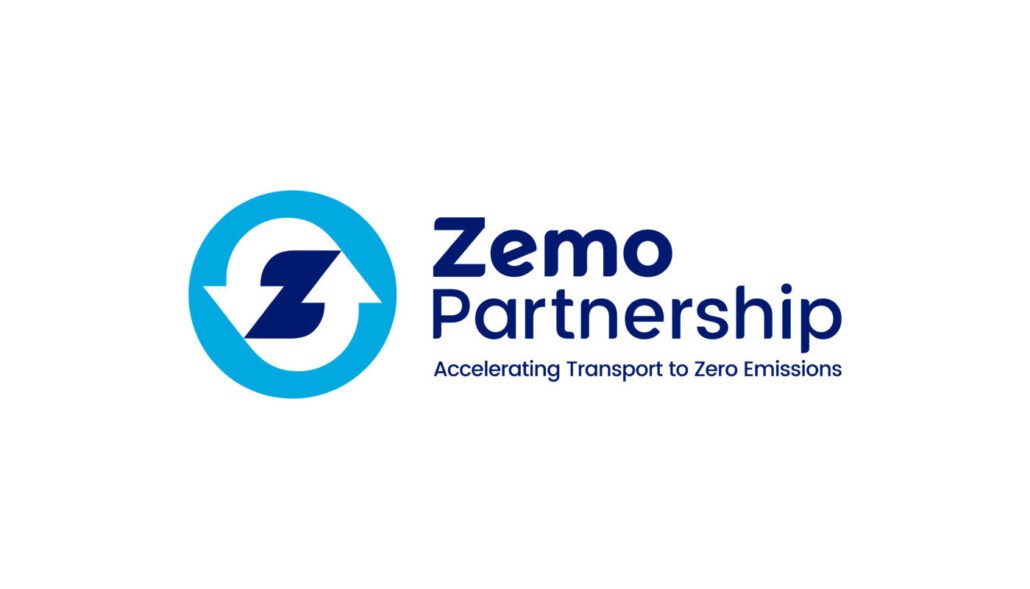
Making it real; turning from targets to tangible action in transport decarbonisation
Neil Wallis of Zemo Partnership, believes…The UK Government upped the ante again with the commitment, now enshrined in law, to cut greenhouse gas emissions by 78% by 2035. Achieving this target would put the country well on the way to achieving Net Zero by 2050.
It’s a very significant statement, welcomed by the Committee on Climate Change (who had proposed it) and by the NGO community. It’s aimed, at least partly, at an international audience for whom the UK needs to be an exemplar; to lead the way as the key CoP26 climate conference in Glasgow approaches.
The Government also committed the UK to responsibility for the country’s share of international aviation and shipping emissions; a significant shift and an acknowledgement that these important supra-national elements need to be included in the calculations and responsibilities.
So far, so good.
Even before the latest announcement, key voices, including the watchdog Committee on Climate Change (CCC) have pointed out that the UK is behind the trajectory needed to meet the upcoming fourth (2023-27) and fifth carbon budgets (2028-32), let alone the sixth iteration (2033-37) in which the new 2035 target falls. The Government’s own figures show that current plans still fall “a long way short” of what is required, the CCC says.
So, if there was a significant gap between the now legal target and the policies and initiatives required to achieve it before the raised 2035 objective, that has widened to something better described as a chasm now that we know what needs to be achieved.
Government is fully aware, of course, and says it is planning to put some more ‘meat’ on the policy ‘bone’ soon. The final touches are being made to a comprehensive and cross sectoral plan to decarbonise transport which we expect to be published this spring (May?). It was conceived, though, prior to the decision to increase the level of ambition, but also prior to the commitment to phase out engines in cars and vans by 2035. So, it will be interesting to see the necessary additional measures to enable us to reach the new 2035 stretch target.
Zemo Partnership’s focus is primarily on road transport, though important elements of the Transport Plan will relate to everything from active travel to rail, aviation and shipping; the latter assuming increased significance with the acknowledgement that international emissions have to be included.
We’re seeing clear progress on the road transport agenda, albeit at nowhere near the speed required according to the targets. Zemo Partnership is working across the board with over 200 member organisations and other stakeholders to remove or lower the barriers to progress wherever we see them.
For cars and vans, the route-map is becoming clearer by the day. Progress in battery and related electric vehicle technology has enabled the Government to mandate that sales of cars using ICE engines will be phased out by 2035 at the latest (2030 for those without significant electric capabilities).
End.
Zemo Partnership is a proud partner of Net Zero Week 2021.
Going net zero means a better business and a better environment for everyone. During #NetZeroWeek2021 you can access dozens of exclusive live webinars/podcasts; all free-to-attend.
Register for the newsletter today and be the first to see the full live programme